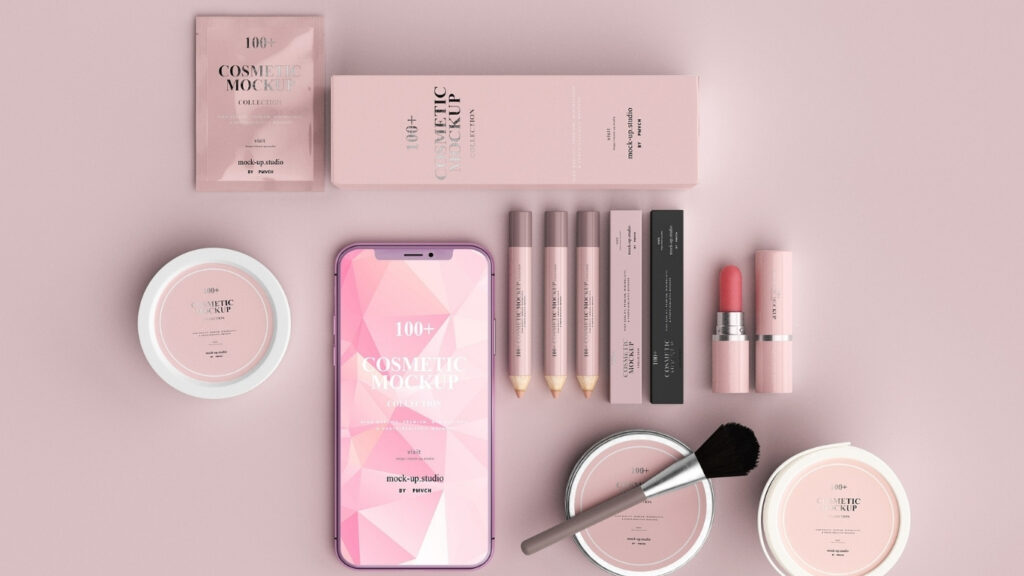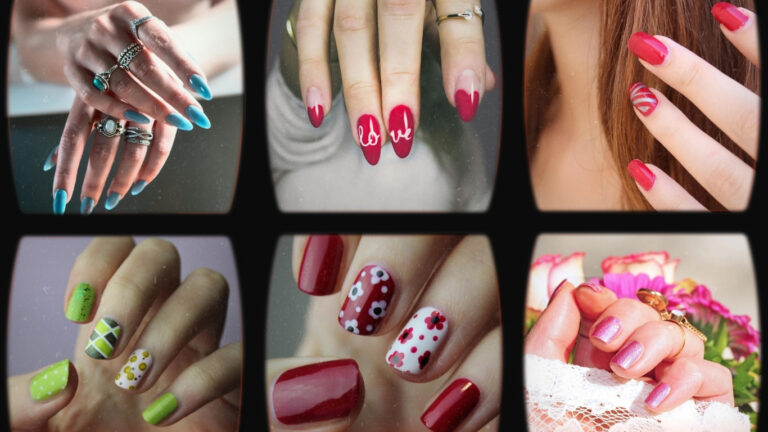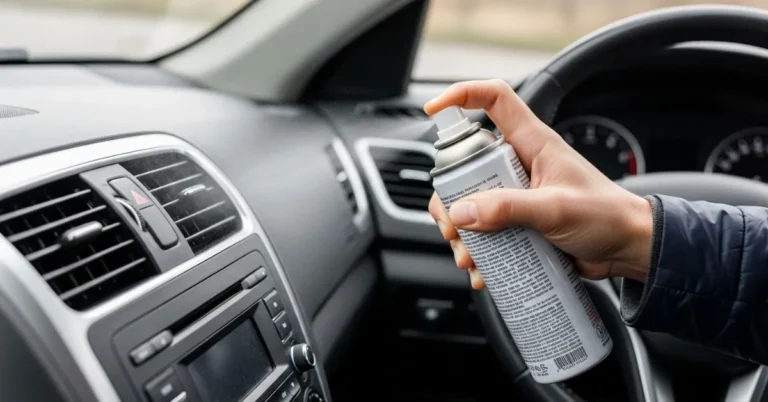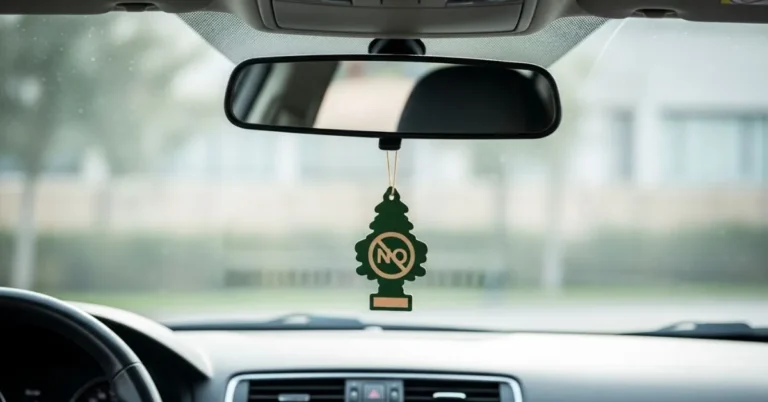You know that moment when you pick up your facial cleanser maybe it’s been sitting in your bathroom cabinet for months or even years and suddenly you wonder, “Does facial cleanser expire? Can I still use this stuff?” It’s a question that often sneaks into our minds but rarely gets a clear answer. After all, unlike milk or bread, your cleanser doesn’t have a glaring expiration date shouting at you. And unlike makeup, which you often toss when it changes smell or texture, many of us cling to our cleansers long past their prime, hoping for a few more uses.

Using an expired facial cleanser might not seem like a big deal, but it can cause more trouble than expected. From irritation and redness to surprise breakouts, outdated products can seriously disrupt your skincare routine. If you’ve ever wondered, does facial cleanser expire? And what warning signs or common mistakes to watch out for, you’re in good company. Let’s dive into what really happens when your cleanser goes bad and how to keep your skin care routine fresh, safe, and effective.
Contents
- 1 What Is a Facial Cleanser?
- 2 Does Facial Cleanser Expire? The Honest Answer
- 3 How Can You Tell If Your Facial Cleanser Is Expired?
- 4 Why You Should Never Use Expired Facial Cleanser
- 5 Common Mistakes That Lead to Expired or Contaminated Cleansers
- 6 How to Properly Store Facial Cleanser to Maximize Shelf Life
- 7 What to Do If You Discover Your Cleanser Is Expired
- 8 Frequently Asked Questions
- 9 Experts Thoughts: Does Facial Cleanser Expire? Yes – Here’s How to Stay Ahead of It
- 10 About the Author
What Is a Facial Cleanser?
Before discussing expiration dates, it’s helpful to remember what facial cleansers do. They’re the first and arguably the most important step in your skincare routine. Their job? To sweep away makeup, dirt, oils, and pollution that build up on your skin during the day. Whether you prefer foaming gels, creamy lotions, or oil-based cleansers, each formula is carefully crafted with ingredients that target impurities without stripping your skin’s natural moisture.
But here’s the catch: these active ingredients don’t last forever.
Does Facial Cleanser Expire? The Honest Answer
The simple answer is: yes, facial cleanser does expire. The longer you hold onto a product, especially after opening it, the more the ingredients break down, preservatives lose their power, and bacteria or mold can sneak in.
Typically, most facial cleansers have a shelf life of 6 months to 2 years after opening. Some can last longer if unopened and stored correctly, but they won’t stay fresh forever. Think of it this way: Your cleanser is like fresh fruit; eventually, it loses its potency and can even turn bad.
How Can You Tell If Your Facial Cleanser Is Expired?
You don’t want to risk your skin by guessing your cleanser is still good. Here are clear warning signs your cleanser has expired or is on its way there:
1. The Smell Has Changed
Facial cleansers usually have a mild, pleasant scent or none at all. If your cleanser suddenly smells sour, rancid, or just off, that’s a red flag. A funky odor often means bacteria or mold is growing.
2. Texture Is Off
Has your cleanser turned watery, grainy, or separated into layers? These texture changes mean the formula breaks down and won’t clean your skin properly.
3. Color Shift
If the color is different from when you first bought it darker, lighter, or blotchy that indicates chemical changes.
4. Your Skin Reacts Differently
It might expire if you notice burning, itching, redness, or irritation after using a product that previously worked well.
Why You Should Never Use Expired Facial Cleanser
Using expired cleanser might seem harmless or even cost-effective. But here’s what you’re risking:
Bacterial Growth and Skin Breakouts
Once preservatives weaken, bacteria can multiply. Using a cleanser teeming with bacteria is a fast track to clogged pores, pimples, and infections.
Increased Skin Sensitivity and Irritation
Once a facial cleanser expires, its ingredients may degrade and become harsh, increasing the risk of irritation, especially for those with sensitive skin, eczema, or rosacea.
Read More: How to Use Facial Cleanser in 5 Easy Steps
Reduced Effectiveness
Expired cleansers don’t clean your face, either. Leftover makeup, dirt, and oils can cause dullness and premature aging.
Common Mistakes That Lead to Expired or Contaminated Cleansers
Many of us unknowingly speed up the expiration process with these habits:
1. Ignoring the Expiration or PAO Symbol
Most skincare products have a “Period After Opening” (PAO) symbol a little jar icon with a number inside (like 6M, 12M). This symbol shows how many months the product is safe after you first open it. Many people ignore this symbol.
2. Storing Cleanser in the Bathroom
Humidity and heat from showers breed bacteria. It’s better to store your cleanser in a cool, dry spot.
3. Dipping Fingers Into the Product
Using your fingers can introduce oils and germs into the bottle. Instead, use a pump or a clean spatula.
4. Sharing Your Cleanser
Sharing skincare might seem innocent, but it’s an open door to germs and contamination.
5. Holding Onto Cleanser Too Long
Even if it looks fine, it’s time to say goodbye if it’s past the suggested usage period.
How to Properly Store Facial Cleanser to Maximize Shelf Life
To keep your cleanser fresh and safe, try these tips:
- Keep the lid tightly closed after each use to prevent air and bacteria from entering.
- Store away from heat and sunlight ideal spots are inside drawers or cabinets outside the bathroom.
- Use pump bottles rather than jars, which are more prone to contamination.
- Avoid touching the opening or the inside of the container.
What to Do If You Discover Your Cleanser Is Expired
Don’t risk irritation or breakouts if you spot signs that your cleanser is expired. Toss it, no questions asked. Then, when shopping for a replacement, consider:
- Buying smaller sizes if you don’t use cleanser frequently, so it stays fresh.
- Choosing products with natural preservatives or minimal ingredients if you prefer clean beauty.
- Eco-friendly and recyclable packaging to reduce waste.
Read More: The Right Way: How to Use an Exfoliating Glove Step-by-Step
Frequently Asked Questions
1. How long does an unopened facial cleanser last?
Most unopened facial cleansers remain effective for 1 to 3 years, depending on the formula and how well they’re stored. Always check the product’s exact expiration date label or the brand’s official website for specific shelf life details.
2. Can using expired facial cleanser cause skin problems?
Yes, it can. Once the preservatives break down, expired cleansers may allow bacteria or mold to grow, leading to irritation, breakouts, or even skin infections.
3. Do natural or organic facial cleansers expire more quickly?
They often do. Since natural and organic cleansers typically contain fewer synthetic preservatives, they tend to have a shorter shelf life. Always keep an eye on their use-by date.
4. How often should I replace my facial cleanser?
It’s best to replace your cleanser every 6 to 12 months after opening. Even if it still looks and smells fine, older products may not be as effective or gentle on the skin.
5. Can the way I store my cleanser make it last longer?
Absolutely properly storing your facial cleanser can significantly extend its shelf life and keep it effective longer. Keep it in a cool, dry place, away from sunlight and heat, and always make sure the cap is sealed tightly after each use.
Experts Thoughts: Does Facial Cleanser Expire? Yes – Here’s How to Stay Ahead of It
So, does facial cleanser expire? It sure does and using it past its prime can do more harm than good. From skin irritation to reduced performance, expired skincare is best left in the trash, not on your face.
To protect your skin and get the most out of your cleanser, always:
- Check for expiration dates or the period-after-opening symbol
- Store it in a cool, dry place away from humidity
- Replace it when it’s past 12 months or starts showing changes
- Listen to your skin if something feels off, it probably is
Your facial cleanser should leave your skin feeling fresh, clean, and balanced not irritated or compromised. Whether you prefer budget-friendly finds, eco-conscious formulas, or gentle options for sensitive skin, make sure you’re always using safe and effective products.
Fresh cleanser, fresh face your skin will thank you.







